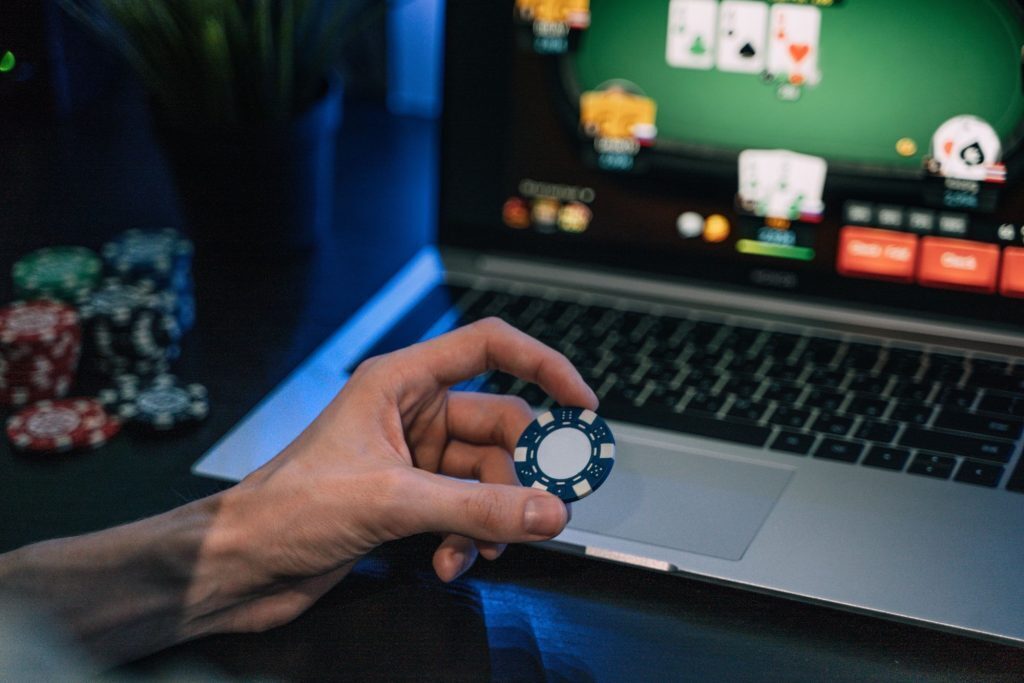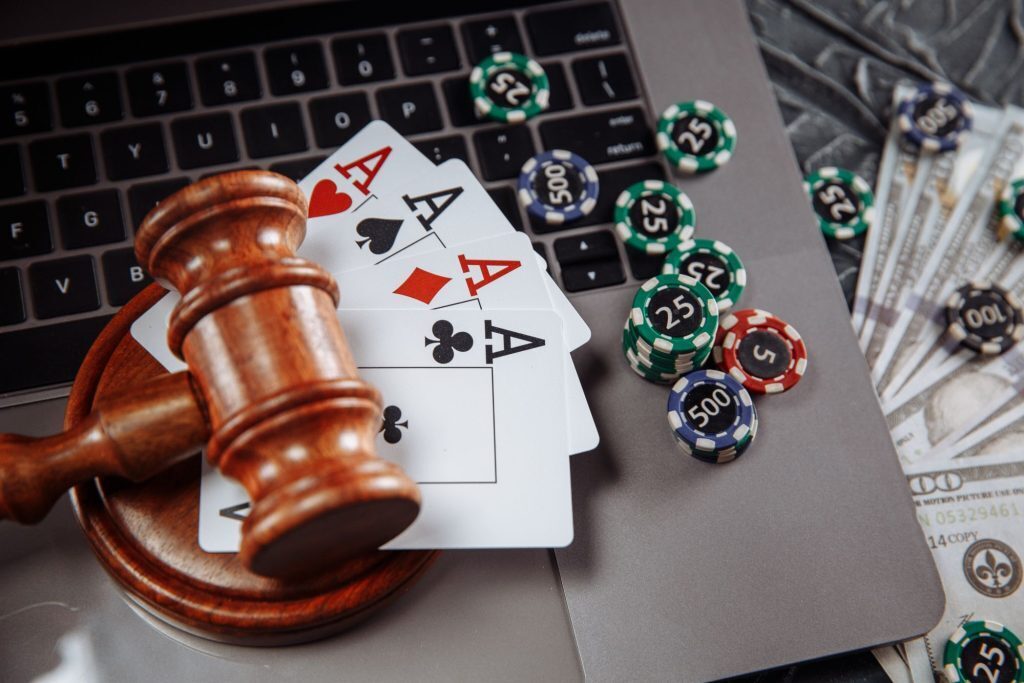The clock is ticking for British Columbia as the province races to recover $880K laundered through a local casino. This article takes you through the chase for this high-stakes heist and what the province is doing to recover the cash. It almost feels like a classic James Bond thriller.
The Brazen Head of an Illicit Organization: Being Uncovered
In October 2019, United States Border Control agents delivered Lai to the Canada Border Services Agency (CSBA) after he was caught illegally crossing the US border into British Columbia (BC).
This is when Lai’s spouse, Wenyi Chen, gave the Canadian government the $880,000 that they are currently withholding. Chen paid the $880,000 as a bond to secure Lai’s release.
A CSBA investigation shortly after the incident revealed that Lai was more than just an illegal border crosser. The CSBA learned that Lai was wanted for serious criminal crimes in China. He was even the subject of an Interpol red notice, which is an international arrest warrant that requires all 196 Interpol member countries to immediately arrest the subject so that they can be extradited.
The crimes he is alleged to have committed in China and elsewhere include extortion, assault, kidnapping, conspiracy, perjury, and being the leader of a criminal gang.
Most of Lai’s alleged crimes relate to loan-sharking operations in Macau, which is home to some of the biggest casinos in the world. The “Las Vegas of Asia,” as it’s come to be known, is also unfortunately home to some of the worst parts of China’s criminal underworld. The BC director of civil forfeiture alleges Lai is a major player in the dark side of Macau’s casino injury.
Lai claimed during his arrest that he was self-employed. He also told CSBA investigators that he had over $100 million of Canadian currency stored in bank accounts in China, Hong Kong, and Macau.
Money laundering in British Columbia
After learning of Lai’s criminal background, the BC Civil Forfeiture Office filed a claim to seize the $880,000 bond from Lai’s wife, Chen, who was supposed to get the money back soon. The agency claims the money is clearly proceeds of crime.
In addition to the allegations in China, the Civil Forfeiture Office says Lai’s actions in BC are enough proof that the bond money was earned through criminal activity. The director of the agency says both Lai and Chen “have exhibited several behaviours that are consistent with money laundering.”
According to B.C.’s Combined Forces Special Enforcement Unit, Lai paid $250,000 for casino chips from a BC casino in July 2017. He allegedly made $610,000 in that same month.
In November 2018, Lai’s behaviour at the River Rock Casino in Richmond, BC also raised red flags. Allegedly, Lai “presented two bundles of $100 bills totalling $20,000 in US currency, each of which were bound with a single elastic band across the middle of the bills and generally packaged in a manner not consistent with standard banking practices.”
This is something that Lai did frequently, according to the Civil Forfeiture Office action against him. Just a month after bringing $20,000 to River Rock, Lai bought $9,900 worth of chips with 12 bundles of American $20 and $50 bills bound with single elastic bands.
The BC government alleges the second transaction of $9,900 was done intentionally “in a manner to avoid the $10,000 reporting requirement.”
“As a result, conditions were placed by the Lottery Corporation requiring Lai to prove the source of any funds brought into a casino, regardless of the amount,” The BC government lawsuit explains.
Unmistakable Signs Pointing to a Clear Underlying Concern
According to financial criminal experts and BC government officials, Lai actions are just a small sample of how BC casinos are used to launder money from international criminal syndicates.
An independent watchdog report from 2018 claimed that these casinos are used as “laundromats” by bad actors from all around the world. Asian and Chinese gangs specifically, are some of the biggest money launderers in this province.
Former RCMP Deputy Commissioner Peter German says he believes that over $100 million has been laundered through BC casinos. He even went as far as to call River Rock Casino the “epicentre” of BC’s money laundering program.
Even if the Civil Forfeiture Office wins their action against Lai and Chen, the $880,000 it will be able to keep is just a drop in the bucket of what criminals are potentially earning by laundering their money.


